Home>Dining>Tableware>What Are Riedel Crystal Glasses Made Of?
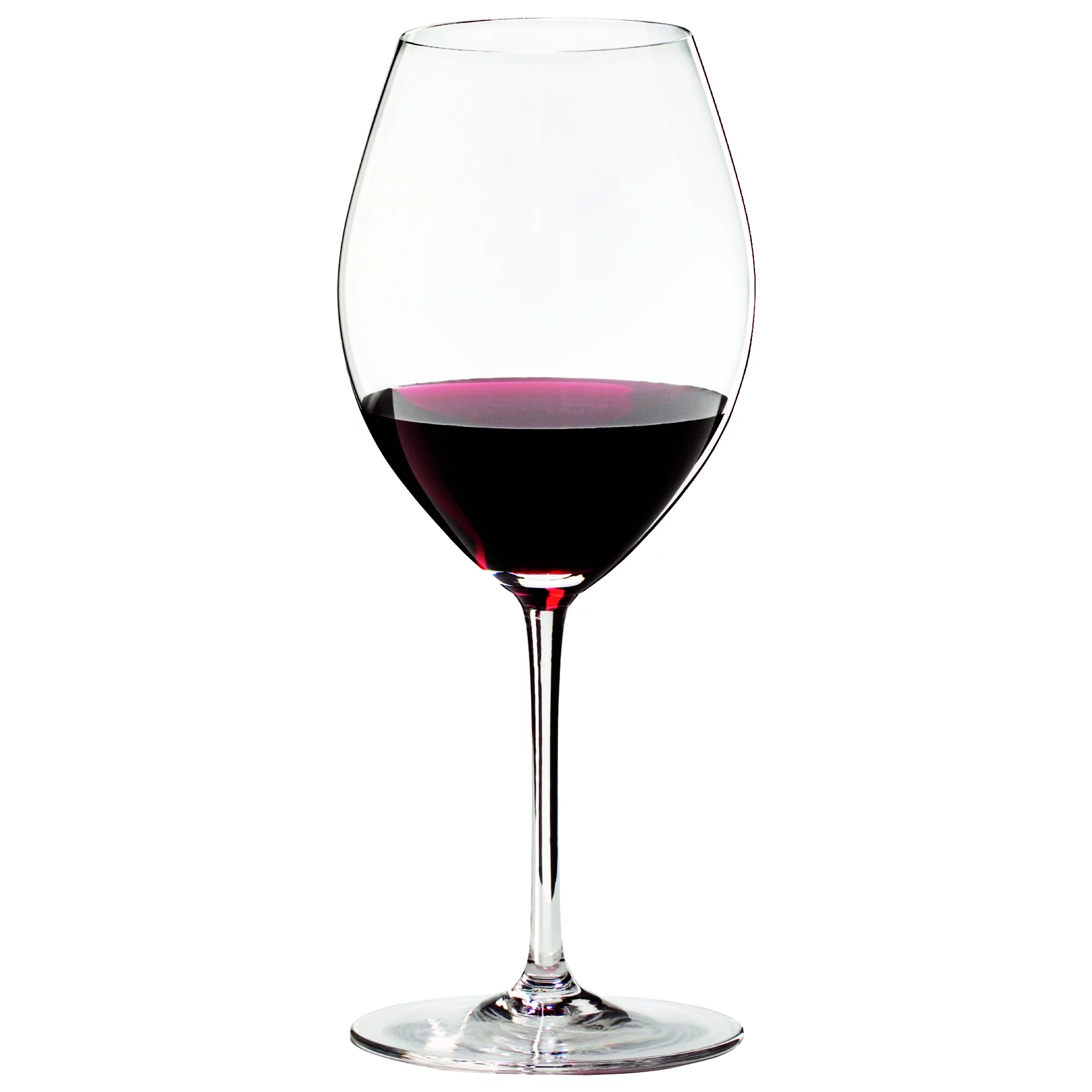

Tableware
What Are Riedel Crystal Glasses Made Of?
Modified: January 18, 2024
Discover the materials used in the production of Riedel Crystal glasses - the ultimate tableware for enhancing the taste and aroma of your favorite beverages.
(Many of the links in this article redirect to a specific reviewed product. Your purchase of these products through affiliate links helps to generate commission for Storables.com, at no extra cost. Learn more)
Introduction
Welcome to the world of Riedel Crystal glasses! When it comes to tableware, Riedel is a name that is synonymous with luxury, elegance, and craftsmanship. From wine glasses to whiskey tumblers, Riedel has been setting the standard in the industry for more than 260 years. But have you ever wondered what makes Riedel Crystal glasses so special? In this article, we will explore the fascinating history of Riedel and delve into the materials used in their exquisite glassware.
At first glance, a glass may seem like a simple object, but Riedel takes it to a whole new level. Each glass is meticulously designed and crafted to enhance the drinking experience, whether it’s the shape of the bowl that aids in the release of aromas or the thinness of the rim that provides a seamless flow of liquid. Riedel understands that the glass you use can make all the difference in fully experiencing the nuances and flavors of your favorite beverages.
But before we dive into the intricate details of Riedel Crystal glasses, let’s take a quick journey through their illustrious history.
History of Riedel Crystal Glasses
The Riedel family has been in the glass-making business for over 11 generations, dating back to 1756. The company was founded by Johann Christoph Riedel, who established a reputation for excellence in glassware production. Over the years, Riedel has evolved from producing basic glassware to becoming a leading manufacturer of premium crystal glassware.
Riedel’s breakthrough moment came in the 1950s when Claus J. Riedel, the 9th generation of the family, made a groundbreaking discovery. He realized that the shape of a glass could significantly influence the taste and aroma of wine. This marked the beginning of Riedel’s journey towards creating varietal-specific glassware.
Since then, Riedel has been at the forefront of innovation in the glassware industry. Their glasses are not just beautiful pieces of art, but also scientifically crafted tools to enhance the drinker’s experience. Now, let’s explore the materials used in Riedel Crystal glasses.
Key Takeaways:
- Riedel Crystal glasses are meticulously crafted with lead crystal or non-lead crystal, each offering unique advantages. The brand’s commitment to using only the finest materials ensures an exquisite and safe drinking experience.
- The manufacturing process of Riedel Crystal glasses combines traditional craftsmanship with modern technology, resulting in glassware that exceeds expectations. With varietal-specific designs and expert craftsmanship, Riedel glasses elevate the drinking experience to new heights.
Read more: How Is Crystal Glass Made?
History of Riedel Crystal Glasses
The history of Riedel Crystal glasses is a tale of craftsmanship, innovation, and passion for the art of glassmaking. Dating back to 1756, the Riedel family has been instrumental in revolutionizing the tableware industry, particularly in the realm of crystal glassware.
It all started with Johann Christoph Riedel, who founded the family business in Bohemia, now part of the Czech Republic. His commitment to producing high-quality glassware garnered attention, and the Riedel name became synonymous with exquisite craftsmanship.
Over the years, the Riedel family’s expertise in glassmaking continued to evolve, passing down through generations. However, it was Claus J. Riedel, the 9th generation of the family, who truly revolutionized the wine glass industry.
In the 1950s, Claus J. Riedel made a groundbreaking discovery that would forever change the way wine was enjoyed. He realized that the shape of a glass could dramatically impact the aromas and tastes experienced when sipping wine. This concept laid the foundation for varietal-specific glassware, which he pioneered.
Riedel conducted extensive research and experiments, collaborating with wine experts and sommeliers to create glasses explicitly designed for different wine varietals. The resulting collection, known as the Sommeliers series, was a breakthrough in the industry.
Riedel’s approach was rooted in the belief that the shape of a glass could enhance the characteristics of a specific wine, allowing for a more authentic and enjoyable drinking experience. By focusing on the interaction between the wine and the glass, Riedel’s varietal-specific designs successfully captured the nuances of each wine.
Throughout the years, Riedel has expanded its product offerings beyond wine glasses. Today, the brand produces an extensive range of crystal glassware for various beverages, including whisky, champagne, spirits, and more. Each collection is meticulously designed with the same attention to detail and commitment to enhancing the drinker’s experience.
As a testament to their innovation and influence, Riedel Crystal glasses have received numerous accolades and awards. They are the preferred choice of many wine connoisseurs, sommeliers, and hospitality professionals around the world.
While Riedel Crystal glasses may have modernized the way we enjoy wine and other beverages, they still preserve the traditional craftsmanship and artistry that has been ingrained in the Riedel family for centuries.
Today, with Georg J. Riedel, the 10th generation, at the helm of the company, Riedel continues to push boundaries, combining tradition and innovation in their pursuit of excellence in glassware. Their commitment to the craft and unwavering passion for creating exceptional drinking experiences have solidified their place as a leader in the world of crystal glasses.
Now that we have explored the inspiring history of Riedel Crystal glasses, let’s take a closer look at the materials used in their creation.
The Materials Used in Riedel Crystal Glasses
Riedel Crystal glasses, known for their exceptional quality and exquisite craftsmanship, are the perfect choice to set your table with elegance. The choice of materials plays a crucial role in achieving the desired elegance, clarity, and brilliance that Riedel glasses are renowned for. Let’s explore the two main types of materials used in Riedel Crystal glasses: lead crystal and non-lead crystal.
Lead Crystal
Lead crystal is a type of glass that contains a significant percentage of lead oxide. This material gives Riedel Crystal glasses their distinctive sparkle, weight, and sound. The lead content enhances the refractive properties of the glass, creating a prismatic effect that catches and reflects light beautifully.
In addition to its optical qualities, lead crystal has another important characteristic – its malleability. The high lead content makes the glass more pliable and easy to work with during the manufacturing process. This flexibility allows Riedel artisans to create intricate and delicate designs, such as the signature thin stems and finely crafted rims.
It is worth noting that the use of lead in crystal glassware has raised concerns about potential health risks. However, Riedel Crystal glasses are crafted in compliance with the European Union’s regulations, which limit the lead content in crystal products. As a result, Riedel glasses are safe for everyday use and provide a luxurious drinking experience.
Non-Lead Crystal
As an alternative to lead crystal, Riedel also offers a range of non-lead crystal glasses. These glasses are made using a combination of high-quality minerals, such as silica, soda ash, and limestone. While they may lack the same refractive properties as lead crystal, non-lead crystal glasses still possess remarkable clarity, durability, and brilliance.
Non-lead crystal offers several advantages, including being more resistant to chipping and breaking. This makes them ideal for everyday use or for those who prefer a more practical option without compromising on style and elegance.
It is important to note that, despite not containing lead, Riedel’s non-lead crystal glasses are still meticulously designed to enhance the drinking experience. They feature varietal-specific shapes and impeccable craftsmanship that allow the aromas and flavors of the beverages to fully develop.
Whether you choose lead crystal or non-lead crystal, Riedel Crystal glasses exemplify the brand’s commitment to using only the finest materials to create glassware that is both visually stunning and functional.
Now that we have explored the materials used in Riedel Crystal glasses, let’s delve into the intricate manufacturing process that brings these exquisite pieces to life.
Lead Crystal
Lead crystal is a type of glass that has been prized for centuries for its exceptional beauty, luminosity, and quality. Riedel Crystal glasses, renowned for their elegance and brilliance, are often crafted using lead crystal. Let’s delve into the characteristics and advantages of lead crystal and understand why it is highly valued in glassware production.
Lead crystal derives its name from its composition, which includes a significant percentage of lead oxide. The addition of lead gives the glass distinct advantages over traditional glass, such as heightened clarity, brilliance, and weight. When light passes through lead crystal, it undergoes refraction and dispersion, resulting in a stunning sparkle and prismatic effect.
One of the remarkable qualities of lead crystal is its exceptional refractive index. This property allows the glass to refract light at a higher level than regular glass, contributing to its beautiful optical properties. The play of light creates a captivating display, enhancing the visual appeal of the glassware.
Furthermore, lead crystal offers excellent malleability and workability. The presence of lead makes the glass softer and more pliable, allowing artisans to shape and mold it with precision. This flexibility enables the creation of intricate designs, such as thinly crafted stems and delicate rims, which are hallmarks of Riedel Crystal glasses.
Lead crystal also possesses a unique acoustic quality. When gently tapped, lead crystal produces a melodic, resonant sound that is distinct from other types of glass. This sonorous tone adds an extra layer of elegance and sophistication to the drinking experience.
It is important to address the concern regarding the use of lead in crystal glassware. While lead can potentially pose health risks, it is essential to note that Riedel Crystal glasses are produced in compliance with the European Union’s strict regulations. These regulations limit the amount of lead allowed in crystal products, ensuring that they are safe for everyday use.
Choosing lead crystal Riedel glasses for your tableware collection means embracing a legacy of craftsmanship, artistry, and unparalleled quality. The use of lead crystal in Riedel glasses elevates the drinking experience, allowing you to fully appreciate the color, aroma, and taste of your favorite beverages.
Whether you enjoy a glass of vintage wine, a fine whiskey, or a perfectly mixed cocktail, the use of lead crystal in Riedel Crystal glasses enhances the sensory experience, making every sip a moment of pure pleasure.
Now that we have explored lead crystal, let’s move on to the alternative material used in Riedel Crystal glasses – non-lead crystal.
Non-Lead Crystal
In addition to lead crystal, Riedel Crystal glasses are also crafted using non-lead crystal. While lead crystal is prized for its brilliance and optical properties, non-lead crystal offers its own unique advantages that appeal to those seeking both practicality and sophistication in their glassware.
Non-lead crystal, also known as unleaded crystal or crystal glass, is crafted using high-quality minerals such as silica, soda ash, and limestone. These materials are carefully selected to create a glass that is clear, durable, and visually appealing.
One of the significant advantages of non-lead crystal is its exceptional clarity. Although it may not possess the same refractive index as lead crystal, non-lead crystal glasses still offer remarkable transparency and a beautiful appearance. The clear glass allows the colors of beverages to shine through, enhancing the visual experience of enjoying various drinks.
Non-lead crystal glasses also offer increased durability and resistance to chipping and breaking. This makes them a practical choice for everyday use or for those who prefer glassware that can withstand regular handling or transportation without compromising its elegance.
Despite not containing lead, Riedel’s non-lead crystal glasses still embody the brand’s commitment to excellence in design and functionality. Each glass is meticulously crafted to enhance the aromas, flavors, and overall drinking experience of different beverages.
Similar to their lead crystal counterparts, non-lead crystal Riedel glasses are available in a variety of styles and collections, catered to specific beverages. From wine glasses to whiskey tumblers, each glass is designed with precision to bring out the best characteristics of that particular drink.
In recent years, non-lead crystal has gained popularity due to its safety and environmental advantages. The absence of lead eliminates concerns about potential health risks associated with lead crystal. Additionally, the manufacturing process of non-lead crystal consumes fewer resources and produces less waste, making it a more environmentally-friendly choice.
Riedel Crystal glasses made from non-lead crystal combine functionality and elegance, providing a glassware option that is practical for everyday use, stylish for special occasions, and still crafted with the utmost attention to detail.
Whether you choose lead crystal or non-lead crystal Riedel glasses, you can be assured of exceptional quality, thoughtful design, and an enhanced drinking experience.
Now that we have explored the materials used in Riedel Crystal glasses, let’s move on to the fascinating manufacturing process that brings these exquisite glassware pieces to life.
Riedel crystal glasses are made of leaded or lead-free crystal, which is a type of glass that contains minerals like silica, soda, and lime. The addition of lead oxide gives the glass its clarity, brilliance, and weight.
Read more: What Year Was Crystal Glass First Made?
The Manufacturing Process of Riedel Crystal Glasses
The creation of Riedel Crystal glasses involves a meticulous and intricate manufacturing process that showcases the brand’s commitment to craftsmanship and attention to detail. From selecting the finest materials to shaping the glassware by hand, each step is carefully executed to produce the exquisite pieces that Riedel is known for.
1. Raw Materials: The process begins with the selection of high-quality materials, such as lead crystal or non-lead crystal. These materials are sourced from trusted suppliers who meet Riedel’s stringent standards for purity and clarity.
2. Melting and Forming: The chosen materials are carefully weighed and melted in furnaces at extremely high temperatures. The molten glass is then shaped using various techniques, including blowing and molding. Skilled artisans work with precision to form the desired shapes of the glasses.
3. Annealing: After the initial shaping, the glass is subjected to an annealing process. This involves carefully cooling the glass at controlled temperatures to relieve any internal stresses and improve its strength and durability. Proper annealing ensures that the glasses are less likely to break or crack during use.
4. Cutting and Polishing: Once the glass has been annealed, it undergoes cutting and polishing. Experienced craftsmen use diamond-tipped tools to cut and shape the glassware, refining the edges, stems, and rims. This meticulous process adds the final touches to the glasses, enhancing their elegance and aesthetic appeal.
5. Quality Control: Riedel places great importance on quality control to ensure that only the finest glassware reaches customers’ hands. Each glass is inspected thoroughly by skilled professionals who meticulously examine every detail for imperfections, such as bubbles, scratches, or uneven edges. Only glasses that meet Riedel’s rigorous standards are approved for distribution.
6. Packaging: After passing quality control, the glasses are carefully packed to safeguard them during transportation. Special attention is given to ensure that each glass is protected to maintain its pristine condition until it reaches the hands of the customer.
Throughout the entire manufacturing process, Riedel combines traditional craftsmanship with modern technologies to create glassware that exceeds expectations. The utilization of age-old techniques, coupled with innovative advancements, allows Riedel to achieve the perfect balance between form and function.
By combining the expertise of skilled artisans, state-of-the-art manufacturing equipment, and a passion for perfection, Riedel Crystal glasses are transformed into true works of art. The glasses embody the legacy of the Riedel family, showcasing their commitment to creating glassware that enhances the drinking experience.
Now that we have explored the manufacturing process, let’s take a closer look at the unique features and benefits of Riedel Crystal glasses.
Unique Features and Benefits of Riedel Crystal Glasses
Riedel Crystal glasses are renowned for their exceptional quality, exquisite craftsmanship, and unparalleled ability to enhance the drinking experience. Designed with precision and attention to detail, these glasses offer a range of unique features and benefits that set them apart from others in the industry.
1. Varietal-Specific Designs: Riedel Crystal glasses are specifically designed to enhance the aromas, flavors, and overall characteristics of different beverages. Whether it’s wine, whiskey, champagne, or spirits, each glass is carefully shaped to optimize the drinking experience, allowing the drinker to fully appreciate the nuances and complexities of the beverage.
2. Optimal Bowl Shapes: The shape of a glass plays a vital role in how the beverage is delivered to the senses. Riedel Crystal glasses feature scientifically designed bowl shapes that promote proper aeration and release of aromas, allowing the bouquet to fully develop. This enhances the overall tasting experience by delivering the flavors in a more pronounced and balanced manner.
3. Thin and Elegant Rims: When sipping from a Riedel Crystal glass, the thinness of the rim provides a seamless and pleasurable drinking experience. The delicate rim allows the beverage to flow smoothly, ensuring that the flavors and textures are not hindered by the glass itself. This attention to detail adds a touch of refined elegance to every sip.
4. Crystal Clarity: Whether crafted from lead crystal or non-lead crystal, Riedel glassware exhibits remarkable clarity and transparency. The crystal-clear glass allows the colors of the beverage to shine through, enhancing the visual experience of drinking. It also adds a touch of sophistication to any table setting or occasion.
5. Craftsmanship and Artistry: Each Riedel Crystal glass is meticulously crafted by skilled artisans who take pride in their work. The combination of traditional glassmaking techniques with modern innovations results in glassware that is not only beautiful but also functional. The attention to detail and commitment to craftsmanship ensure that every glass is a work of art in its own right.
6. Elegance and Luxury: Riedel Crystal glasses exude elegance and luxury, making them a perfect choice for special occasions or gifts. The fine craftsmanship, exquisite designs, and overall presentation elevate any drinking experience and create a sense of occasion.
7. Enhancing the Drinking Experience: Above all, the ultimate benefit of Riedel Crystal glasses is their ability to enhance the drinking experience. The carefully curated designs and attention to detail allow the aromas and flavors of the beverage to reach their full potential, creating a truly memorable and enjoyable moment for the drinker.
With Riedel Crystal glasses, every sip becomes a journey of sensory delight, where taste, aroma, and visual appeal harmoniously combine. These unique features and benefits make Riedel Crystal glasses the preferred choice of wine connoisseurs, sommeliers, and discerning individuals around the world.
Now, let’s explore how to properly maintain and care for your Riedel Crystal glasses to ensure their longevity and continued enjoyment.
Maintenance and Care for Riedel Crystal Glasses
Riedel Crystal glasses are not only beautiful and functional, but they also require proper maintenance and care to ensure their longevity and continued enjoyment. With the right practices, you can maintain the pristine condition and exquisite clarity of your Riedel Crystal glasses for years to come. Here are some essential tips for maintaining and caring for your glassware:
1. Handwashing: Riedel Crystal glasses should be handwashed rather than placed in a dishwasher. This is to protect the delicate nature of the glassware and avoid any potential damage that can occur in a dishwasher. Use mild dish soap, warm water, and a soft, non-abrasive sponge or cloth to gently clean the glasses.
2. Handling with Care: When handling your Riedel Crystal glasses, be mindful of their fragile and delicate nature. Hold the glass by its stem rather than grasping the bowl, as this will help prevent the transfer of fingerprints, oils, and other impurities onto the glass surface.
3. Drying: After washing, carefully dry your Riedel Crystal glasses using a lint-free towel or a soft microfiber cloth. Avoid air-drying, as this can lead to water spots or residues that may mar the clarity and brilliance of the glassware.
4. Storing: Proper storage is crucial in preserving the integrity of your Riedel Crystal glasses. Use a specialized glassware storage rack or consider purchasing padded dividers to keep glasses separated and prevent contact with other glasses or hard surfaces that could cause scratches or breakage.
5. Avoiding Extreme Temperatures: Riedel Crystal glasses should not be subjected to extreme temperature changes. Avoid placing them in the freezer or exposing them to direct heat sources as this can cause thermal shock, leading to cracks or breakage. It’s best to allow the glasses to reach room temperature before pouring or serving beverages.
6. Avoiding Harsh Chemicals: Harsh chemicals, including bleach, ammonia, and strong detergents, should never come into contact with your Riedel Crystal glasses. These substances can damage the glass, dull its brilliance, or leave behind residues that affect the flavor and odor of the beverage.
7. Polishing and Maintenance: Over time, your Riedel Crystal glasses may develop a haze or cloudiness due to buildup from repeated use. To restore their original luster, you can gently polish the glasses using a mixture of warm water and white vinegar or a specialized glassware cleaner recommended for delicate crystal. Ensure thorough rinsing after polishing to remove any residue.
By following these maintenance and care guidelines, you can preserve the beauty, clarity, and functionality of your Riedel Crystal glasses. With proper handling and attention to detail, your glassware will continue to enhance the drinking experience and remain a cherished part of your tableware collection.
As we conclude our exploration of Riedel Crystal glasses, it’s clear that these exceptional pieces of craftsmanship bring elegance, sophistication, and an elevated drinking experience to any occasion. Whether you’re a wine enthusiast, whiskey connoisseur, or simply appreciate fine glassware, the artistry and dedication behind Riedel Crystal glasses make them a truly remarkable choice.
Cheers to enjoying your favorite beverages in style and savoring every moment with Riedel Crystal glasses!
Conclusion
In the world of tableware, Riedel Crystal glasses stand tall as the epitome of luxury, elegance, and craftsmanship. With a rich history dating back over 260 years, Riedel has redefined the art of glassmaking, particularly in the realm of crystal glassware. From their varietal-specific designs to their meticulous manufacturing process, Riedel Crystal glasses offer a truly exceptional drinking experience.
Throughout their storied history, Riedel has remained at the forefront of innovation, constantly pushing boundaries and challenging conventional norms. The discovery by Claus J. Riedel in the 1950s, that the shape of a glass can significantly influence the taste and aroma of wine, revolutionized the industry. From that moment, Riedel embarked on a journey to create varietal-specific glassware that would enhance the enjoyment of different beverages.
The materials used in Riedel Crystal glasses play a crucial role in their beauty and functionality. Whether it’s the lead crystal that adds sparkle, weight, and elegance to the glasses, or the non-lead crystal that offers durability and practicality, Riedel ensures that only the finest materials are used in their production.
The manufacturing process of Riedel Crystal glasses is a testament to the brand’s commitment to craftsmanship and attention to detail. From the melting and forming of the glass to the cutting and polishing, each step is executed with precision, resulting in glassware that exudes both sophistication and functionality.
The unique features and benefits of Riedel Crystal glasses set them apart from other glassware brands. The varietal-specific designs, optimal bowl shapes, thin and elegant rims, crystal clarity, and expert craftsmanship all work harmoniously to elevate the drinking experience. Riedel glasses not only enhance the appearance and aromas of beverages but also add an element of elegance and luxury to any table setting or occasion.
Proper maintenance and care are essential in preserving the longevity and pristine condition of Riedel Crystal glasses. By handwashing, handling with care, and storing them properly, you can ensure that these exquisite pieces remain beautiful and functional for years to come.
In conclusion, Riedel Crystal glasses represent a legacy of artistry, innovation, and a commitment to excellence. Whether enjoying a glass of wine, sipping a fine whiskey, or toasting with champagne, each sip becomes a moment of pure pleasure and sensory delight with Riedel Crystal glasses. Elevate your drinking experience and celebrate life’s special moments with the exquisite beauty and impeccable craftsmanship of Riedel Crystal glasses.
Cheers to raising a glass of perfection with Riedel!
Frequently Asked Questions about What Are Riedel Crystal Glasses Made Of?
Was this page helpful?
At Storables.com, we guarantee accurate and reliable information. Our content, validated by Expert Board Contributors, is crafted following stringent Editorial Policies. We're committed to providing you with well-researched, expert-backed insights for all your informational needs.
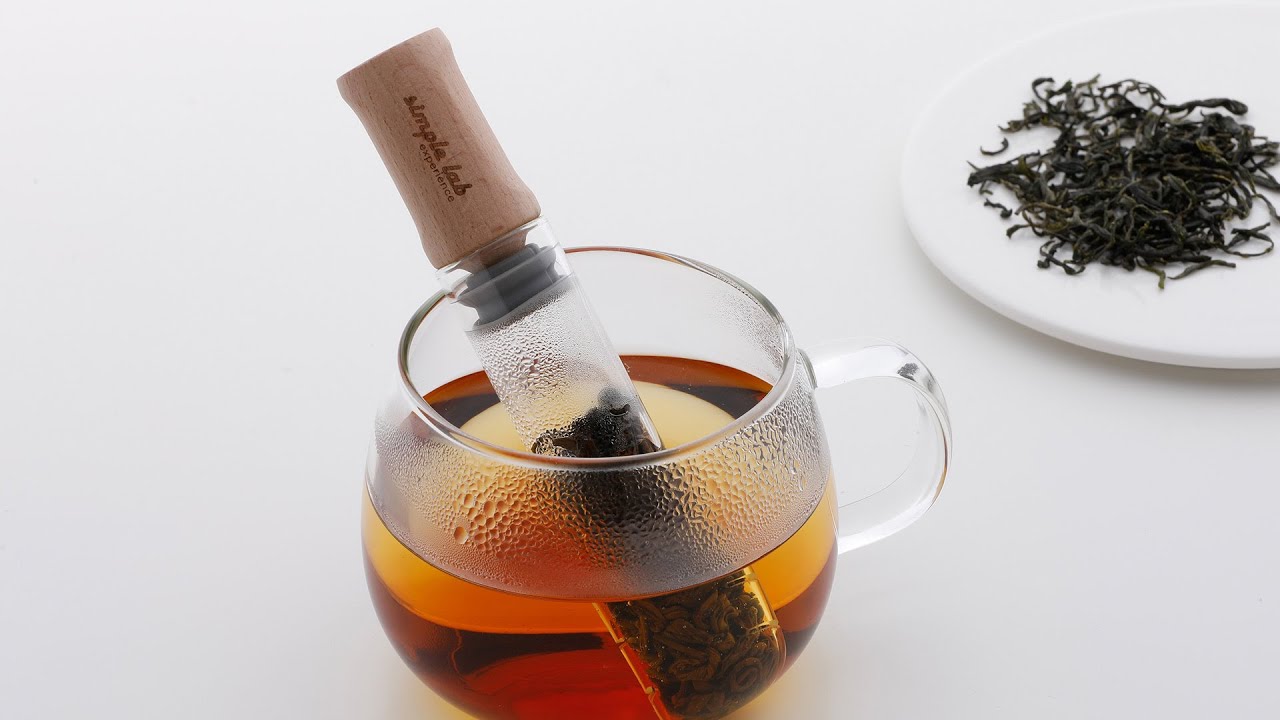
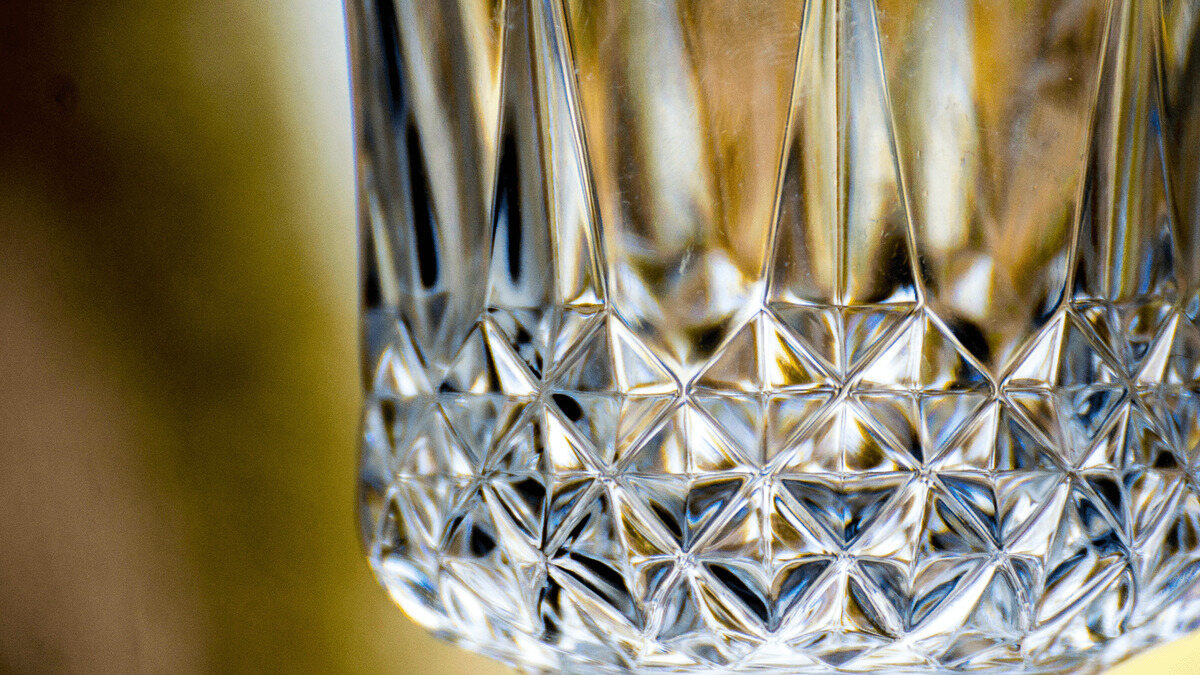
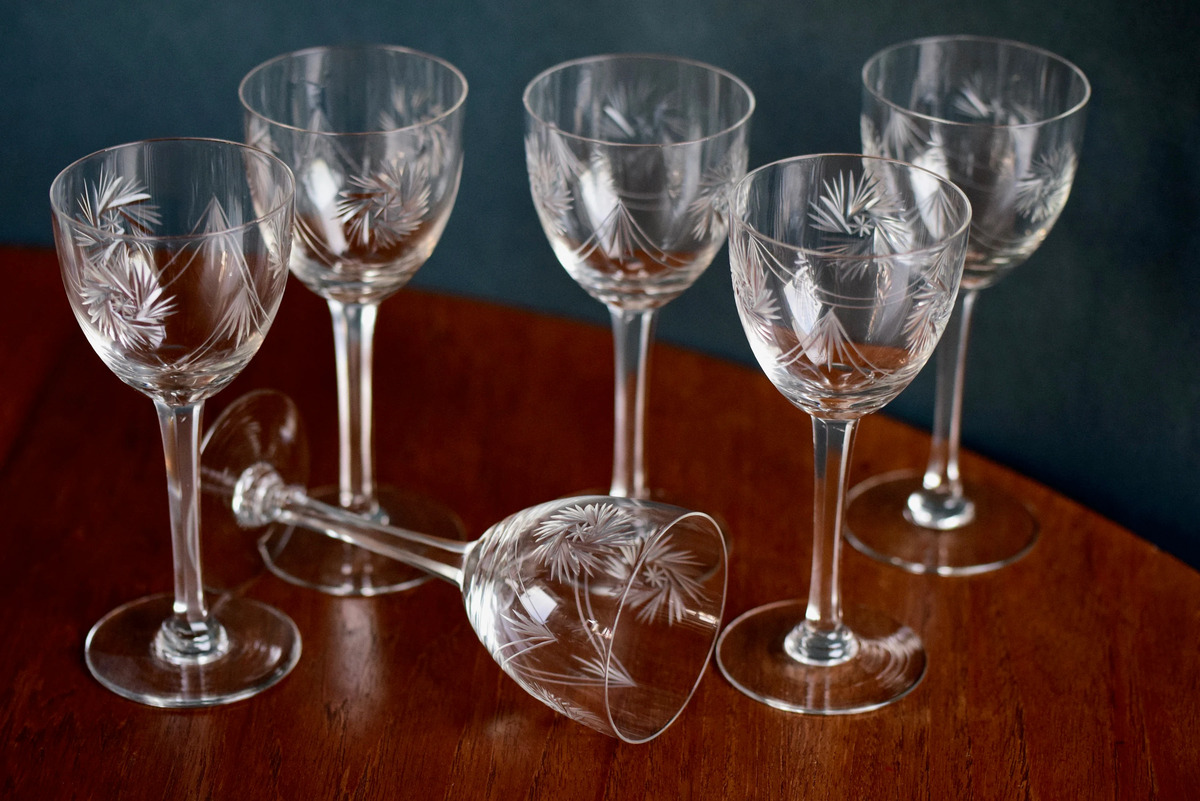
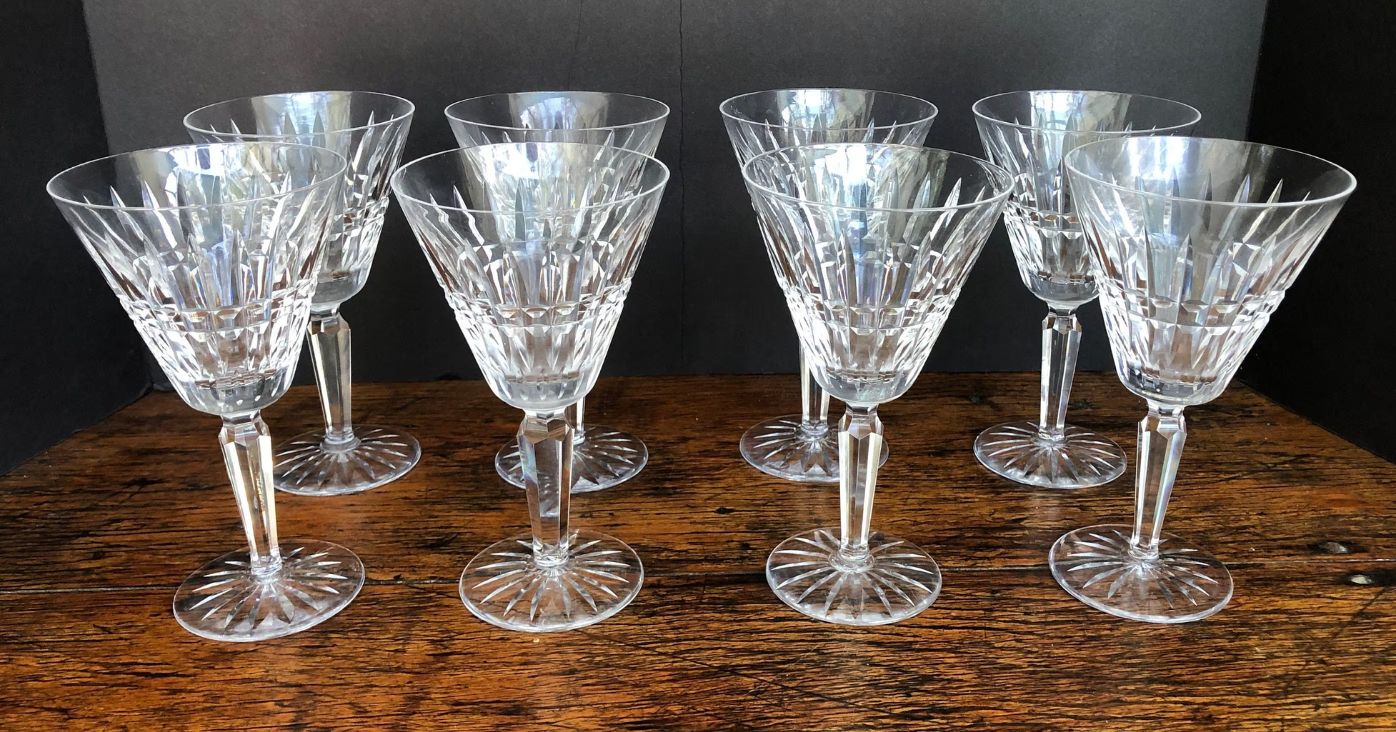
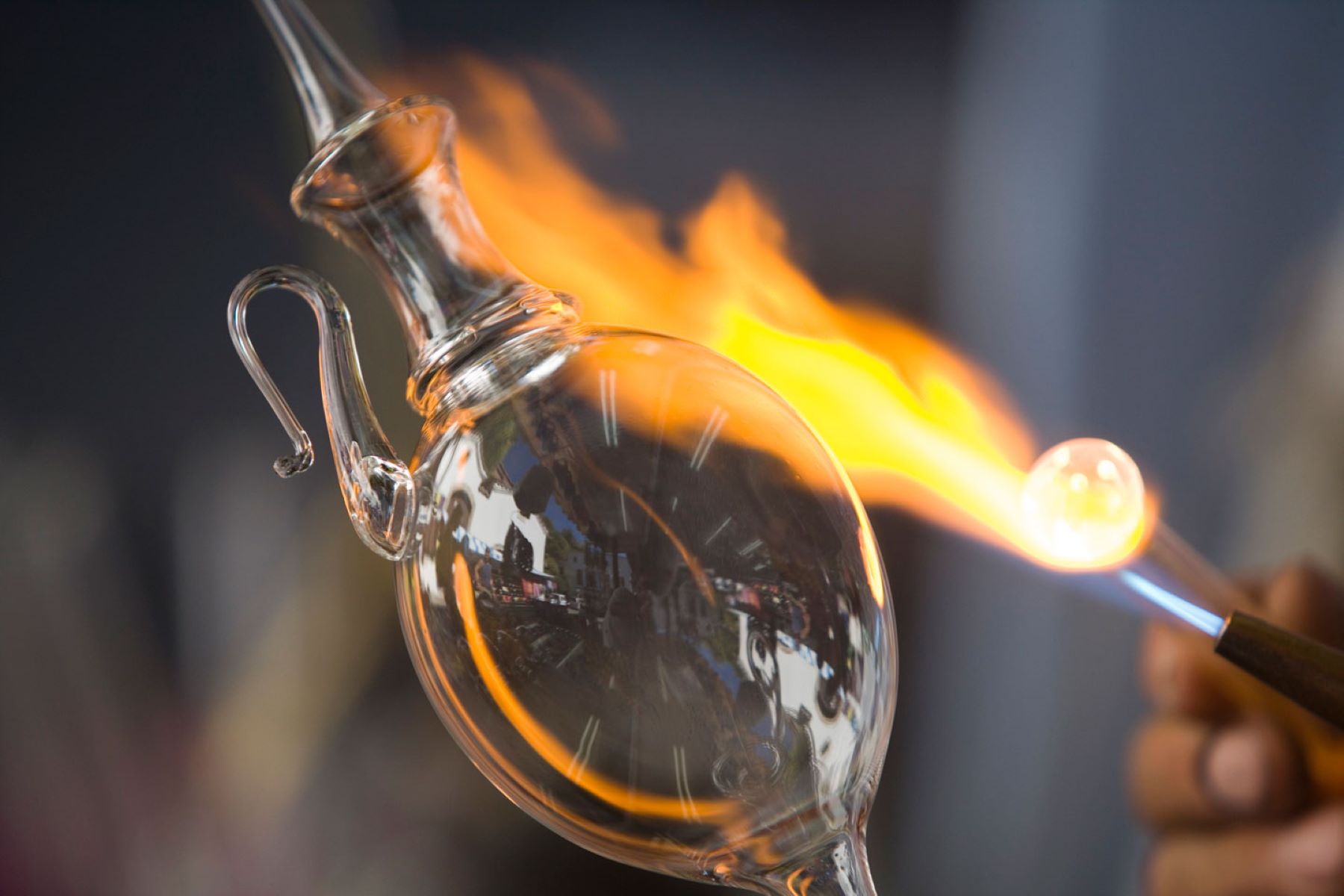
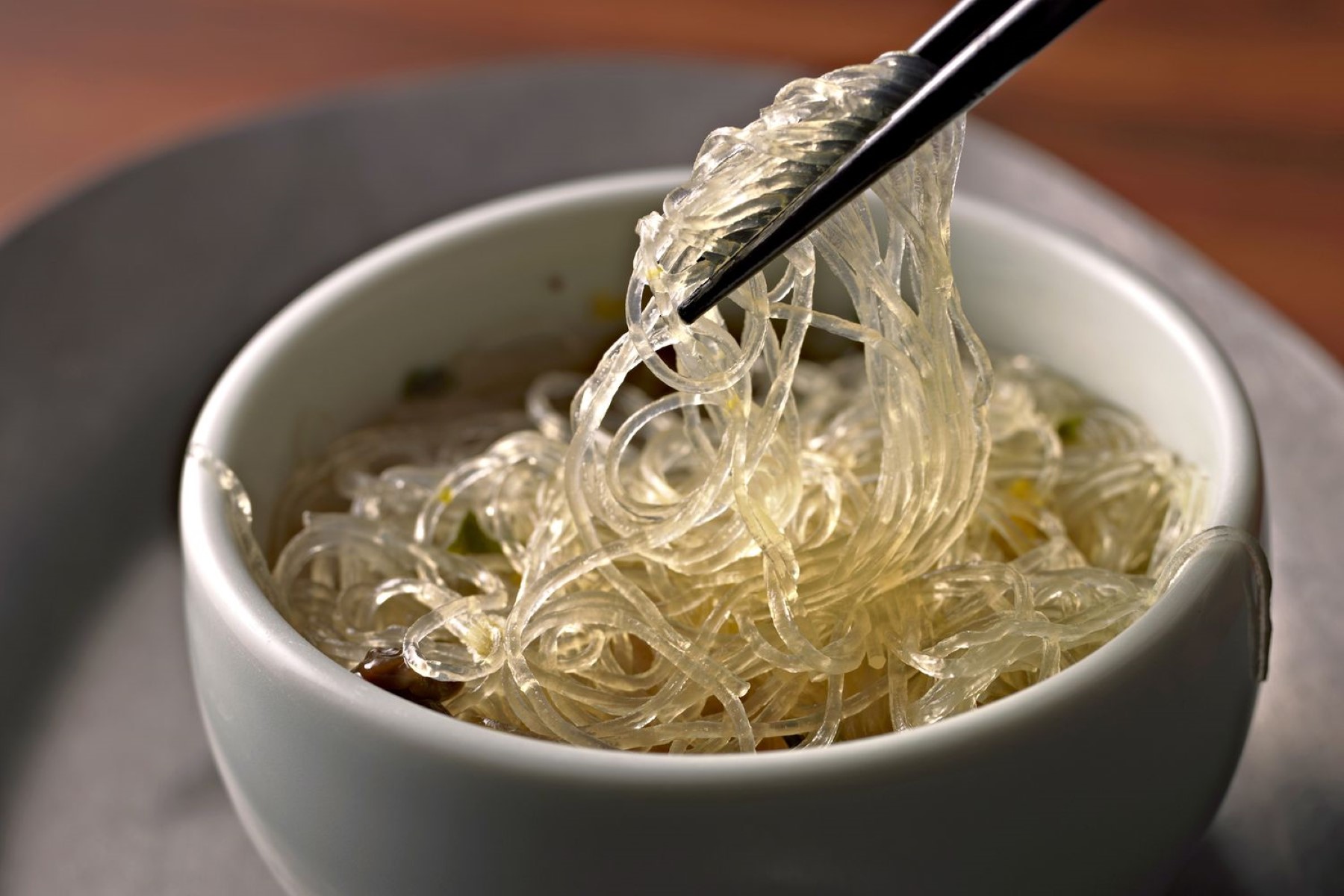
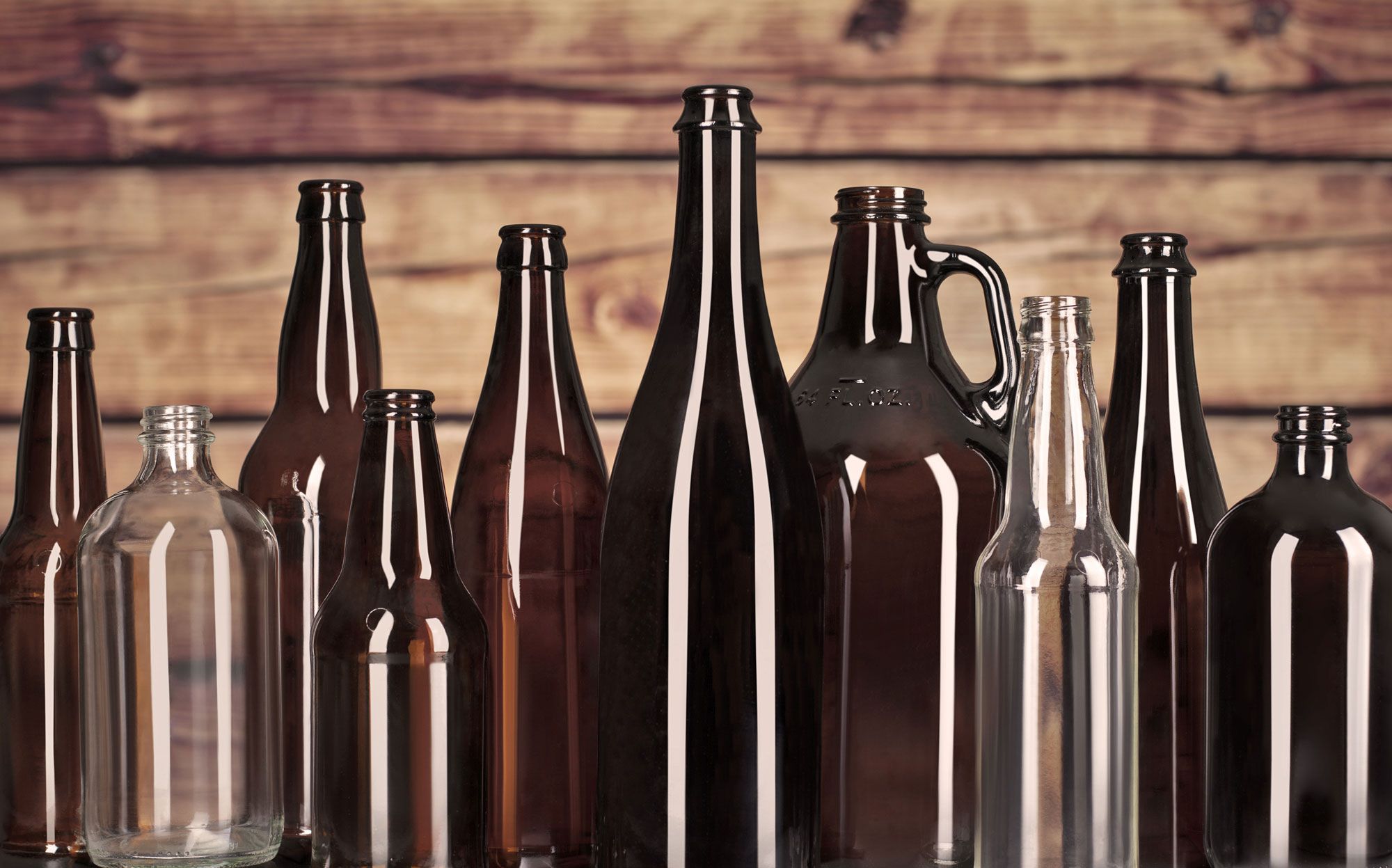
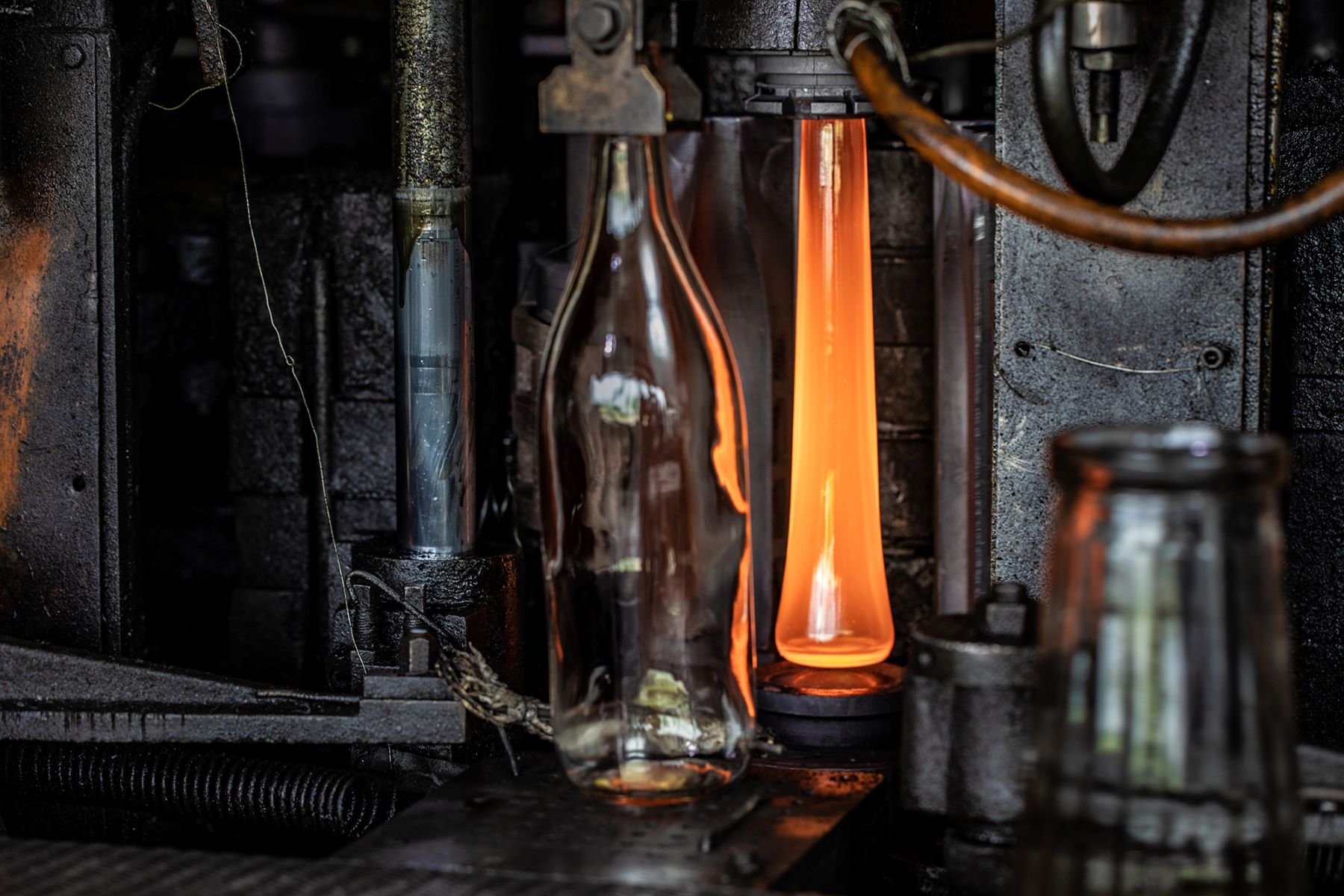
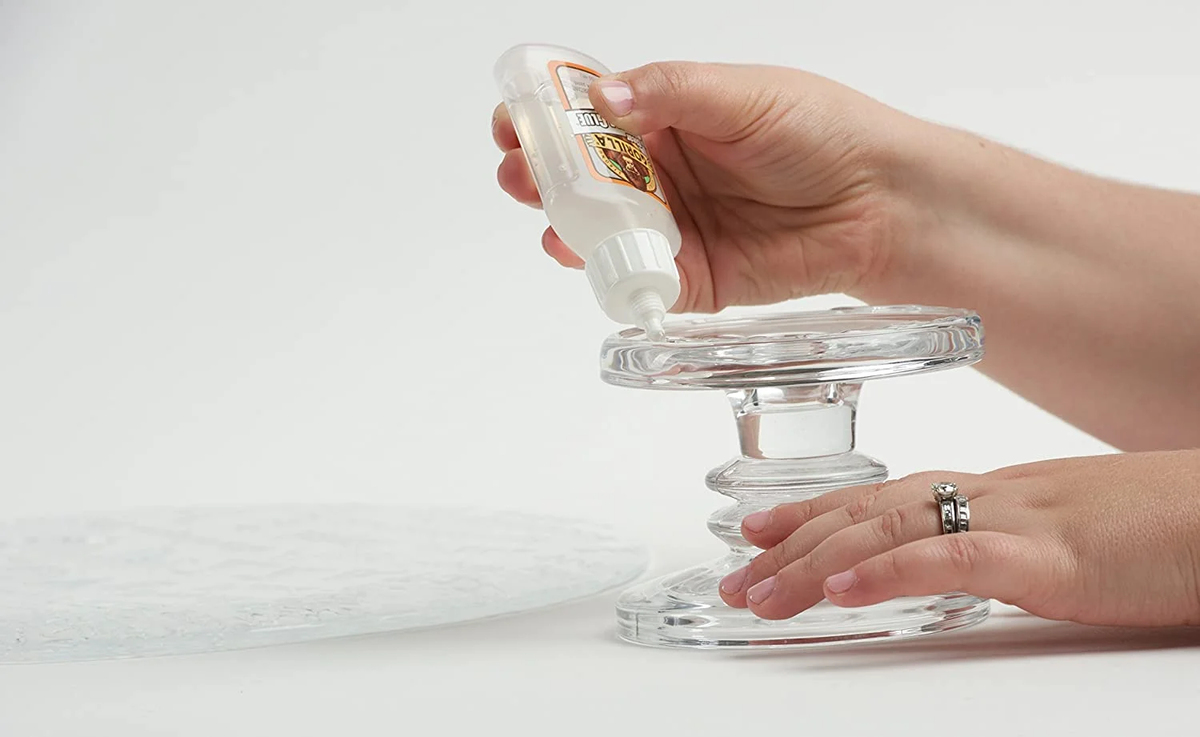
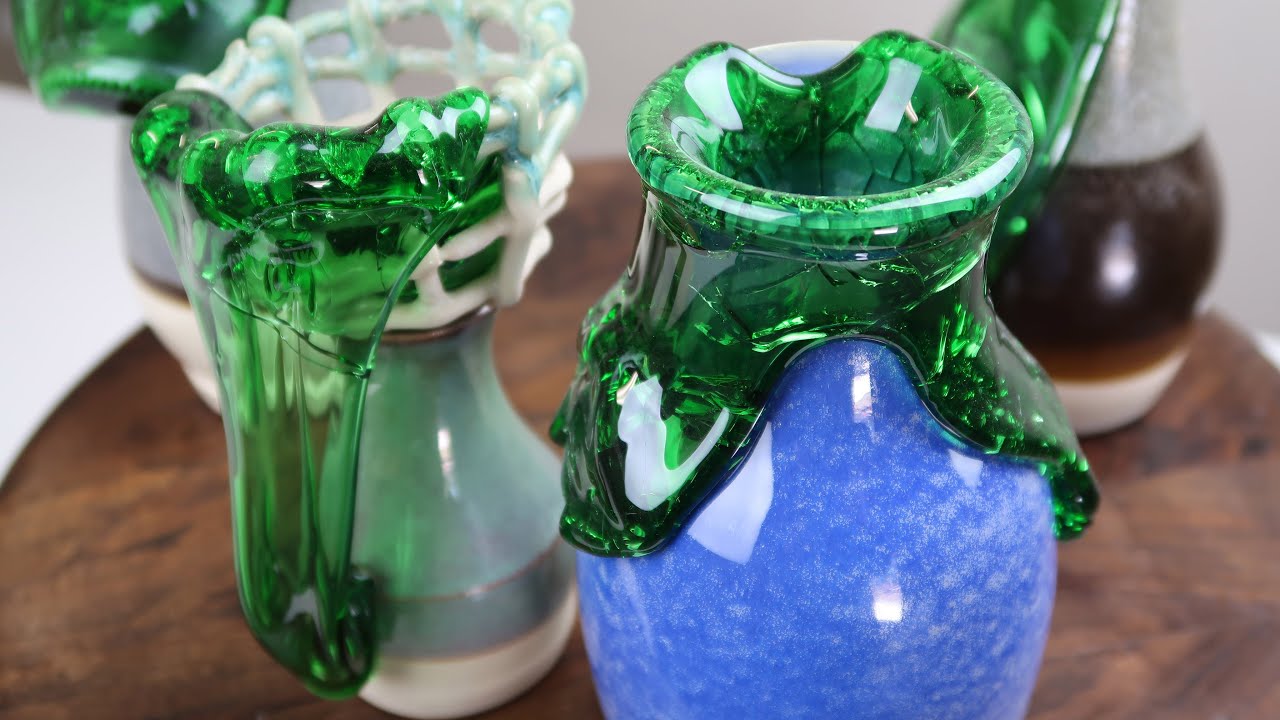
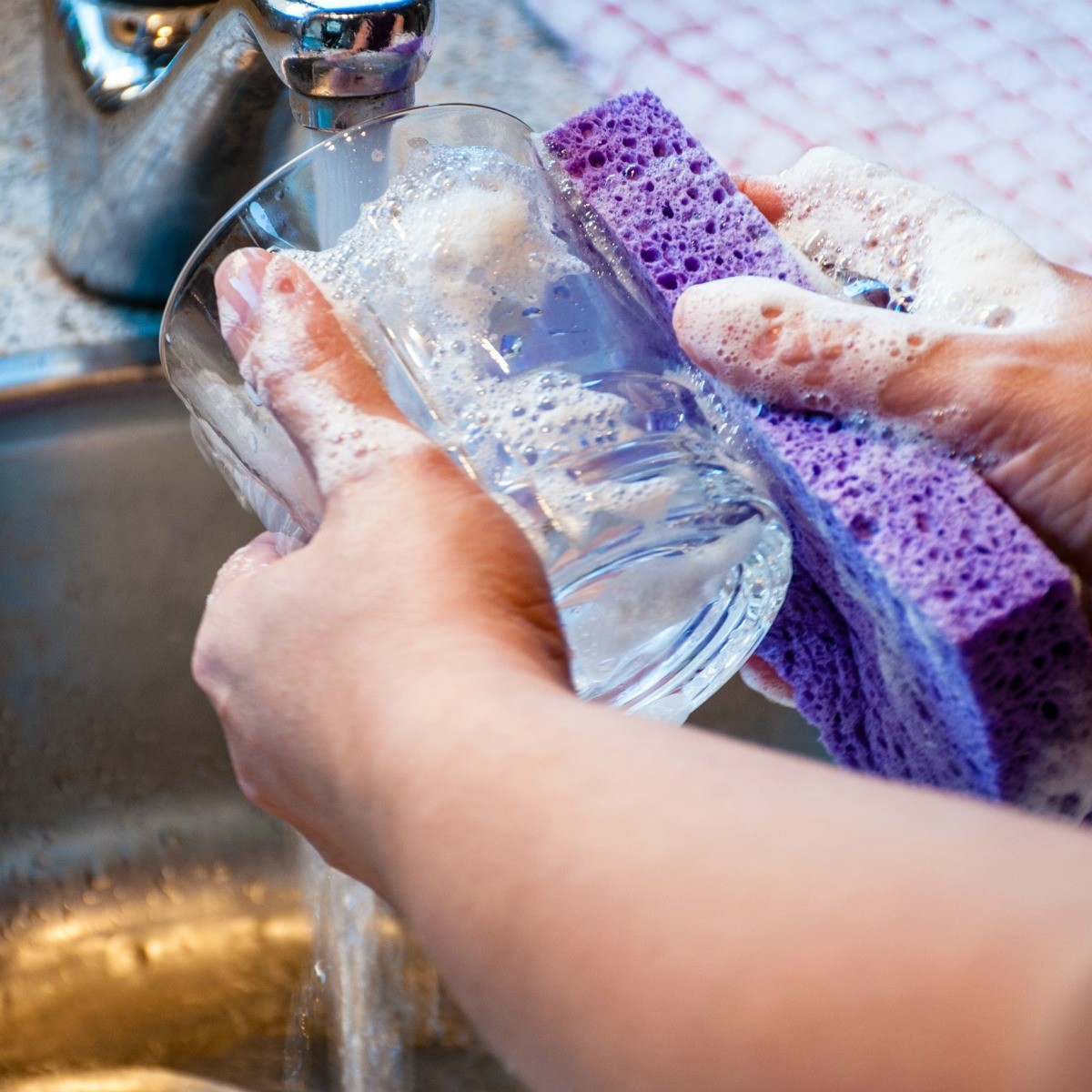
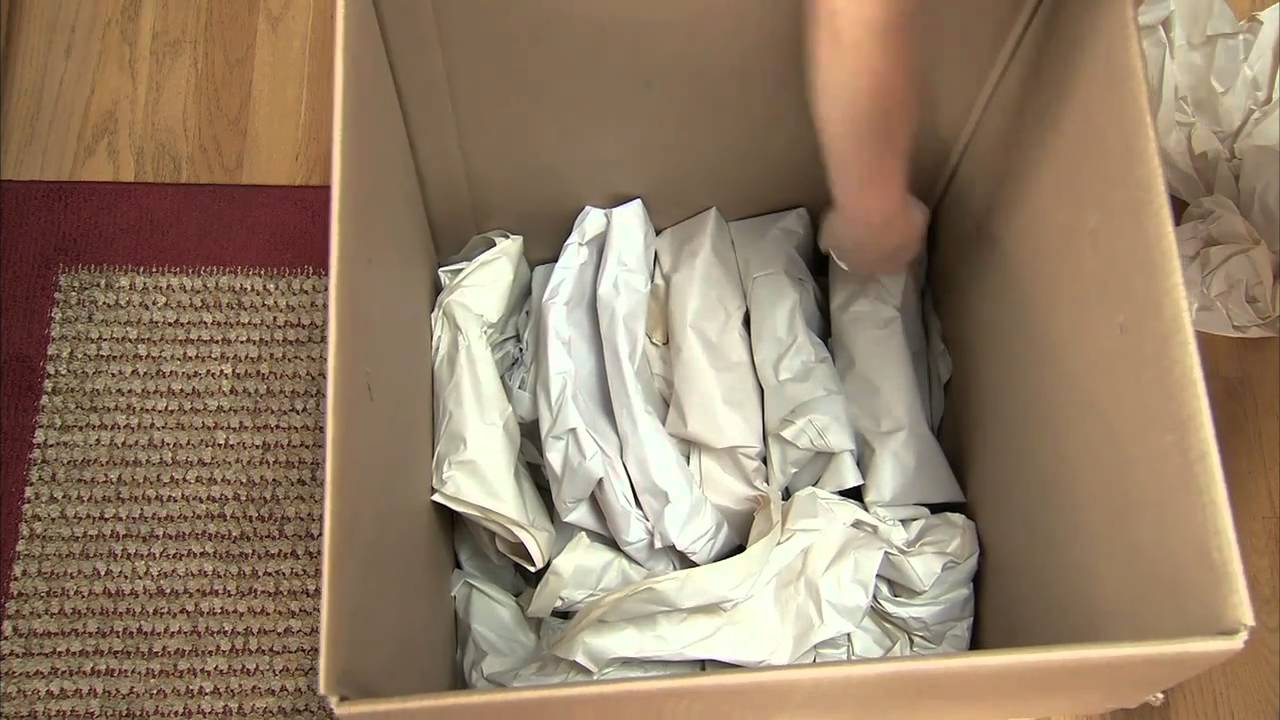
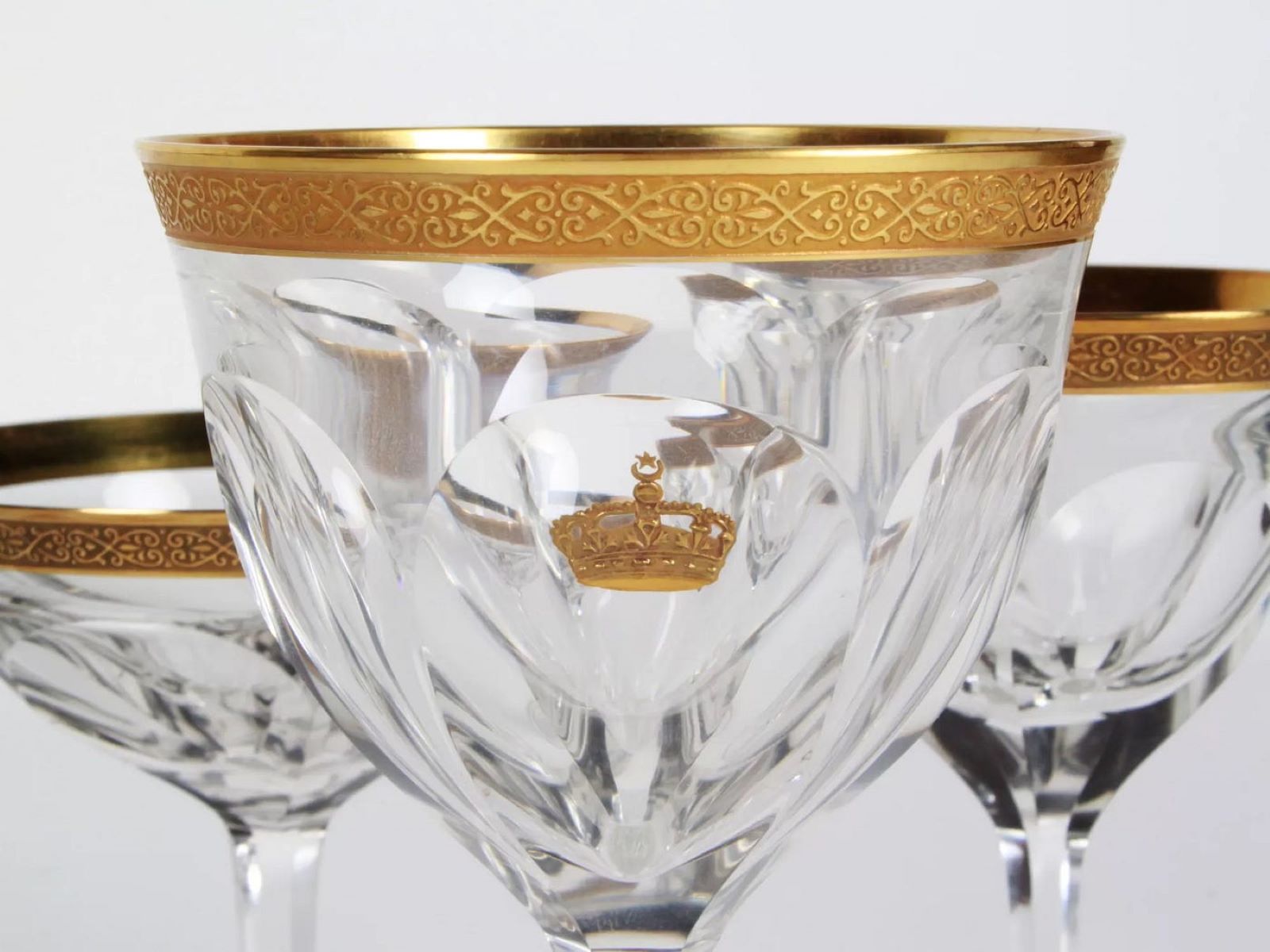
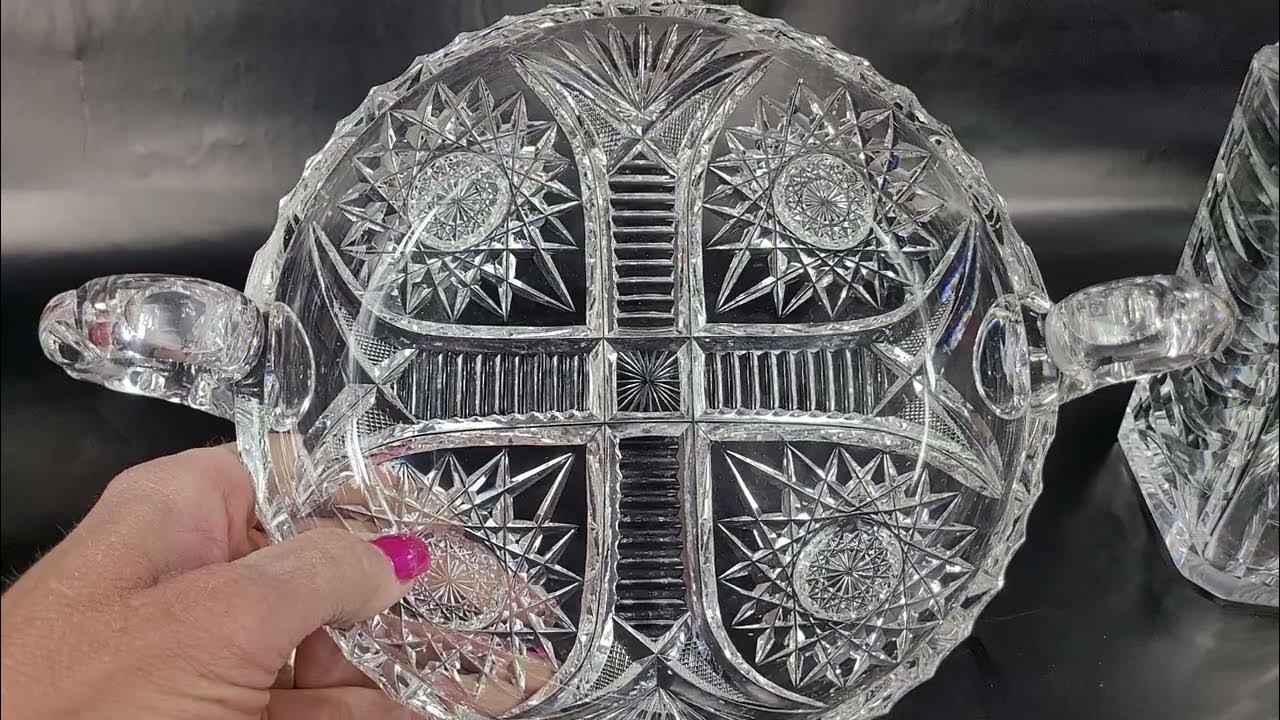

0 thoughts on “What Are Riedel Crystal Glasses Made Of?”